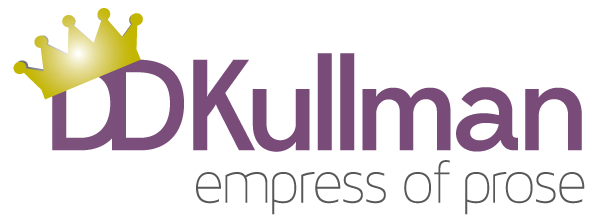In the ad world, it’s easy to believe that control equals competence — that if we can manage every detail, anticipate every obstacle, and shape every outcome, we’ll succeed. But the truth is, control is an illusion. The more we cling to it, the less agile, creative, and connected we become.
Humility offers a better path. It begins with recognizing that we don’t have all the answers — and that’s not weakness, it’s wisdom. A humble teammate listens more, learns faster, and earns trust without demanding it. When you’re not consumed by being right or steering every conversation, you leave room for better ideas to emerge.
Trying to control everything often leads to burnout and broken relationships. Humility, on the other hand, creates space for truth and authenticity. When you’re genuine, people sense it. They respond with openness rather than defensiveness. Collaboration thrives because the focus shifts from ego to shared success.
In cross-functional teams, humility becomes essential. Projects move faster, communication improves, and missteps become lessons instead of blame games. Humility ensures that when things get heated, you don’t leave scorch marks behind. You leave bridges.
Real power at work isn’t about control. It’s about connection, truth, and respect. And humility is the quiet strength that makes all three possible.
For more on this subject, read Ernie Schenck’s excellent article on Substack,
“Can Ideas Survive in a Society of Liars.”

